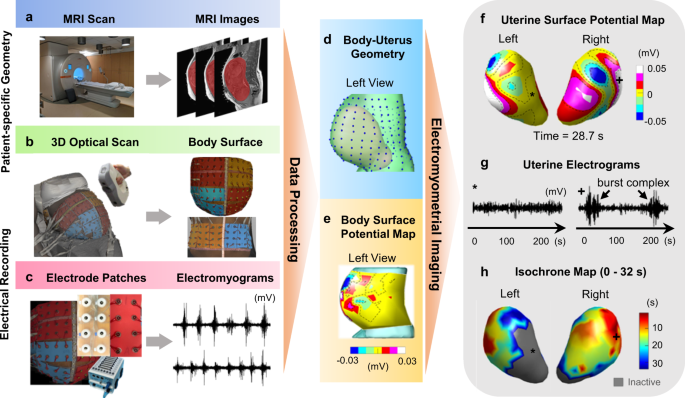2023-03-21 カリフォルニア大学サンディエゴ校(UCSD)
この研究は、生涯にわたって新しい血液や免疫細胞を生成する骨髄中の細胞である造血幹細胞(HSC)に焦点を当てています。HSCの機能が弱まるか失われると、貧血、血栓形成、癌などの血液や免疫障害の原因になります。
幹細胞の健康を維持することが長寿命を促進することが増えており、新しい発見は幹細胞を清潔に保つことが重要であることを示しています。
<関連情報>
- https://today.ucsd.edu/story/to-ward-off-aging-stem-cells-must-take-out-the-trash
- https://www.cell.com/cell-stem-cell/fulltext/S1934-5909(23)00071-1
造血幹細胞はミスフォールドタンパク質をアグレソームに優先的に輸送し、アグレファジーに依存してタンパク質ホメオスタシスを維持する Hematopoietic stem cells preferentially traffic misfolded proteins to aggresomes and depend on aggrephagy to maintain protein homeostasis
Bernadette A. Chua,Connor J. Lennan,Mary Jean Sunshine,Daniela Dreifke,Ashu Chawla,Eric J. Bennett,Robert A.J. Signer
Cell Stem Cell Published:March 21, 2023
DOI:https://doi.org/10.1016/j.stem.2023.02.01

Highlights
•Young HSCs traffic misfolded proteins to aggresomes in a Bag3-dependent manner
•High levels of autophagy maintain HSC proteostasis by degrading protein aggregates
•Bag3-/- HSCs have few aggresomes, are myeloid-biased and have impaired self-renewal
•Aging HSCs lack aggresomes, have reduced autophagy and increased proteasome activity
Summary
Hematopoietic stem cells (HSCs) regenerate blood cells throughout life. To preserve their fitness, HSCs are particularly dependent on maintaining protein homeostasis (proteostasis). However, how HSCs purge misfolded proteins is unknown. Here, we show that in contrast to most cells that primarily utilize the proteasome to degrade misfolded proteins, HSCs preferentially traffic misfolded proteins to aggresomes in a Bag3-dependent manner and depend on aggrephagy, a selective form of autophagy, to maintain proteostasis in vivo. When autophagy is disabled, HSCs compensate by increasing proteasome activity, but proteostasis is ultimately disrupted as protein aggregates accumulate and HSC function is impaired. Bag3-deficiency blunts aggresome formation in HSCs, resulting in protein aggregate accumulation, myeloid-biased differentiation, and diminished self-renewal activity. Furthermore, HSC aging is associated with a severe loss of aggresomes and reduced autophagic flux. Protein degradation pathways are thus specifically configured in young adult HSCs to preserve proteostasis and fitness but become dysregulated during aging.


